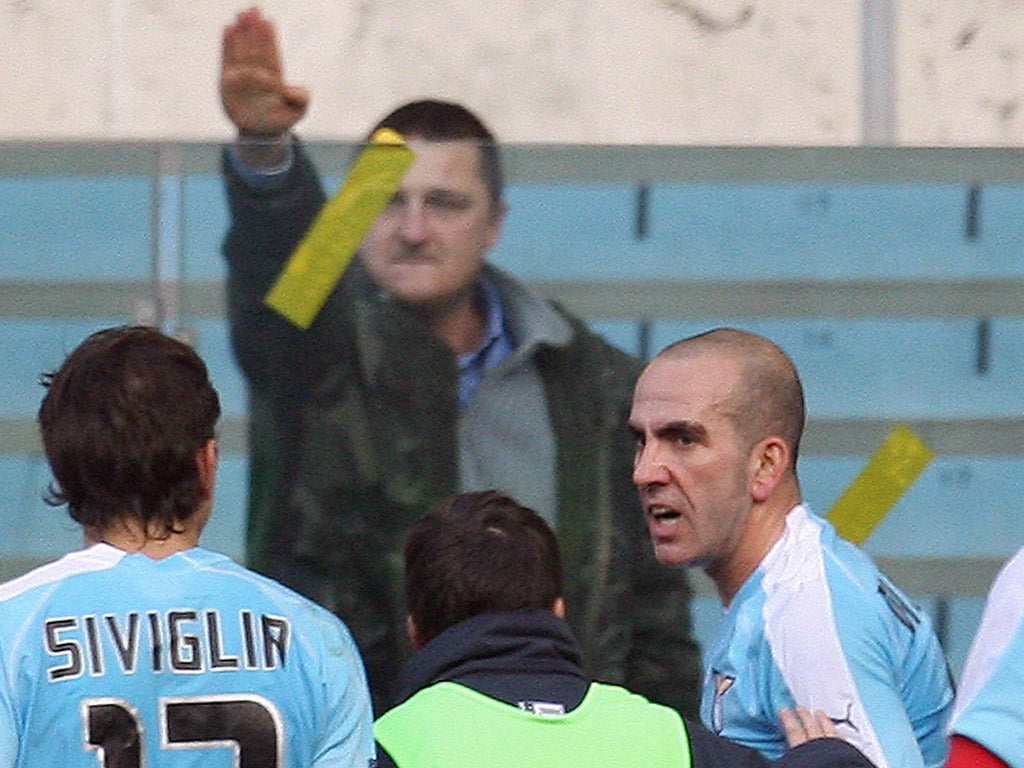Fascism lives on in Italy seven decades after the end of Mussolini's rule
A minority, while not saying outright they loved Mussolini, will say how things were better


Evidence of Italy's ambiguous attitude to Mussolini and fascism was on display in January, when Silvio Berlusconi made an appearance at the Milan Holocaust memorial service.
The country's three-time Prime Minister declared that – aside from his laws on racial segregation – fascist dictator Benito Mussolini was "a leader who in so many other ways did well". The next day, Mussolini's granddaughter Alessandra, a MP in Mr Berlusconi's PDL party, appeared on prime-time TV to defend her grandfather.
Though the majority of Italians regard Mussolini's 21-year rule as a blot on the country's history, a significant minority look back at the period between 1922 and 1943 more fondly. And fascism is still alive in mainstream Italian politics, thanks in part to Mr Berlusconi merging his Forza Italia party with the Alleanza Nazionale, which has neo-fascist roots.
Mussolini's ideology was rooted in his authoritarian rule, which stamped down on left-wing politics and democratic values and prioritised nationalistic policies. But some regard it as a time with a greater sense of order and less crime, when public services were better. Every year Mussolini-themed calendars appear on Italian newsstands, and their sales are reportedly growing. "Most old people remember only the total devastation fascism brought," said Alberto Martinelli, a political science professor at the University of Milan, which is located a few miles from the piazza where Mussolini was executed by Italian partisans in 1945. "But a minority, while not saying outright they loved Mussolini, will say how things were better... at least until 1938, when he signed the [Munich agreement] pact with Hitler."
The dictator also still provides a rallying point for today's far-right sympathisers, Italian football hooligans, the politically ambitious CasaPound movement, and racist groups.
"Unfortunately, there is also an ignorant younger generation, which was not taught enough in school about the real cost of fascism," Professor Martinelli said.
Join our commenting forum
Join thought-provoking conversations, follow other Independent readers and see their replies
Comments
Bookmark popover
Removed from bookmarks